ABOUT SRI-ORA
We want to share more with you


SRI-ORA Aims: Demonstrating alternative techniques and training:
Food production, which should be the most sustainable of human activities, contributes significant harm to the environment, including soil loss and degradation, poor water quality, water overuse, biodiversity loss and habitat destruction. Human and environmental health are at risk from chemical use and from declining nutritional value of food. Despite attempts to reform agriculture over the last 60 years, it continues to adopt an extractive approach. Australian agriculture institutions have remained very resistant to alternative agriculture models. Australia is the only OECD country that does not have a domestic organic regulation and offers no support to growers who wish to convert to organic.
Practicing organic farmers in Australia have achieved their status almost entirely based on own effort, with very little support from government or research institutions. Conventional farmers considering transition to more sustainable agroecological approaches in Australia have few reliable sources of information.
SRI will contribute research and demonstrate alternative techniques and training to rapidly increase the conversion to organic and regenerative farming in Australia.
Planned SRI-ORA Projects








